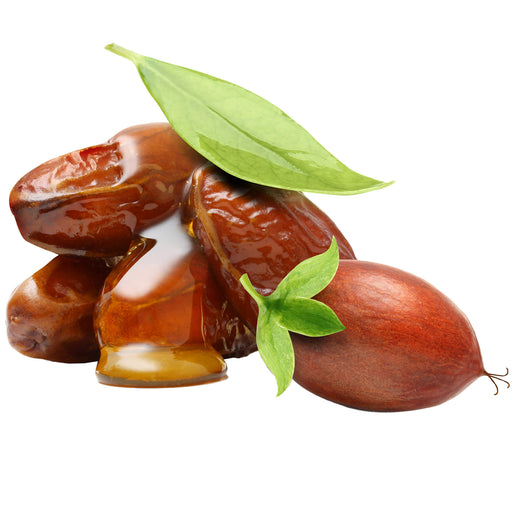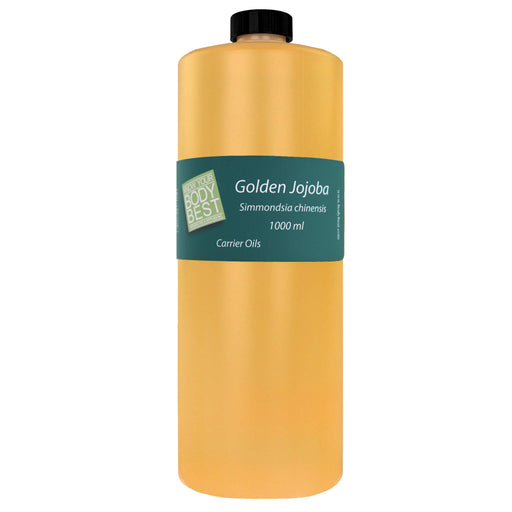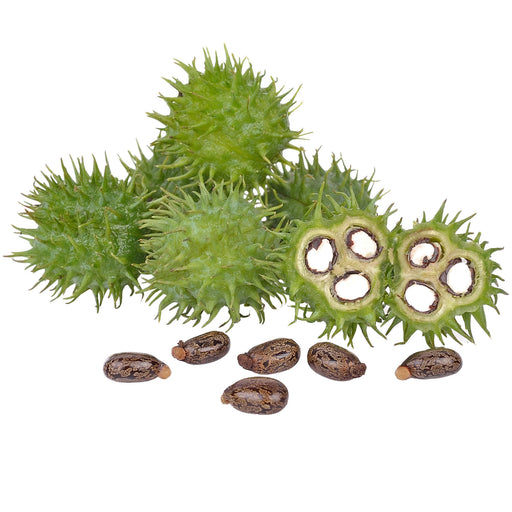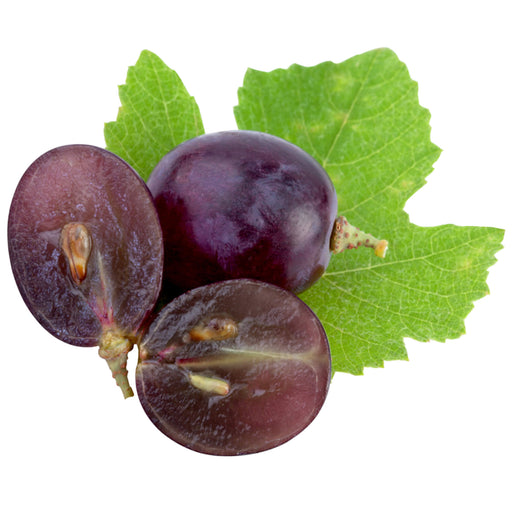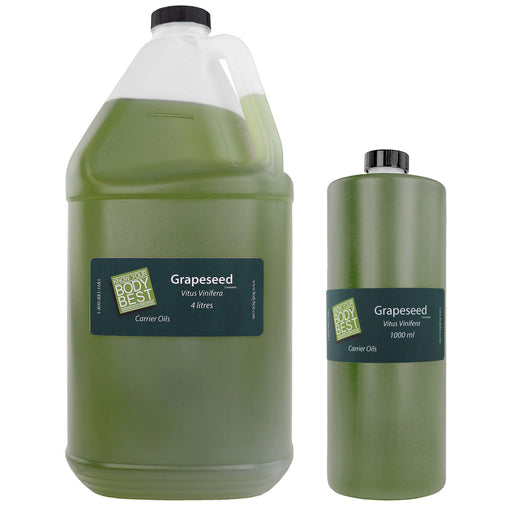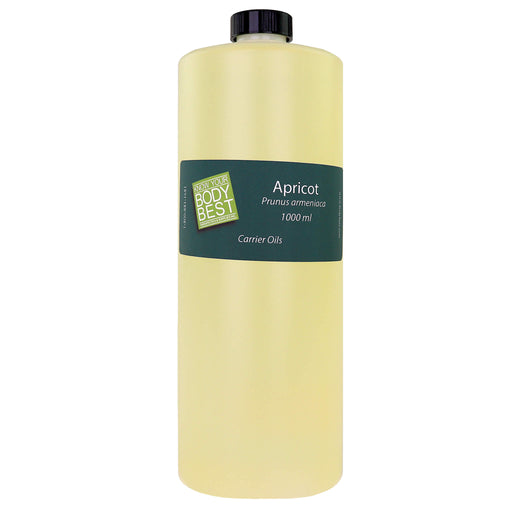over $250.00

The History of Lemon Balm in Medicine and Culture
Let's look at the history of lemon balm in medicine and culture...
Lemon balm (Melissa officinalis) is a perennial herbaceous plant belonging to the mint family (Lamiaceae). Known for its lemon-scented leaves, lemon balm has been used for centuries in medicine, culinary arts, and cultural practices. This article delves into the rich history of lemon balm, exploring its medicinal applications and cultural significance from ancient times to the present day.
Ancient Origins and Early Uses
Lemon balm is native to Southern Europe, the Mediterranean region, and parts of Asia. Its use dates back to ancient Greek and Roman civilizations. Theophrastus, a Greek philosopher and botanist, mentioned lemon balm in his writings as early as 300 BCE. The Greeks and Romans valued lemon balm for its calming and uplifting properties, often using it to reduce stress and anxiety.
Medieval and Renaissance Medicine
During the Middle Ages, lemon balm was a staple in monastic gardens across Europe. The famous Persian physician Avicenna (980-1037 CE) praised lemon balm for its therapeutic properties, particularly its ability to treat melancholy and depression. By the 14th century, lemon balm had become a key ingredient in the Carmelite Water, an alcoholic extract created by the Carmelite nuns in France. This elixir was believed to relieve nervous headaches, digestive disorders, and promote longevity.
In the Renaissance, Paracelsus, a Swiss physician and alchemist, referred to lemon balm as the "elixir of life," highlighting its rejuvenating effects. Herbalists like John Gerard and Nicholas Culpeper also extolled the virtues of lemon balm in their herbal compendiums, recommending it for a variety of ailments, including wounds, insect bites, and as a general tonic for the heart and mind. Says Culpeper:
Let a syrup made with the juice of it and sugar be kept in every gentlewoman’s house to relieve the weak stomachs and sick bodies of their poor sickly neighbours; as also the herb kept dry in the house, that so with other convenient simples, you may make it into an electuary with honey, according as the disease is you shall be taught at the latter end of my book. The Arabian physicians have extolled the virtues thereof to the skies; although the Greeks thought it not worth mentioning. Seraphio says, it causes the mind and heart to become merry, and revives the heart, faintings and swoonings, especially of such who are overtaken in sleep, and drives away all troublesome cares and thoughts out of the mind, arising from melancholy or black choler; which Avicen also confirms. It is very good to help digestion, and open obstructions of the brain, and hath so much purging quality in it (saith Avicen) as to expel those melancholy vapours from the spirits and blood which are in the heart and arteries, although it cannot do so in other parts of the body. Dioscorides says, that the leaves steeped in wine, and the wine drank, and the leaves externally applied, is a remedy against the stings of a scorpion, and the bitings of mad dogs; and commends the decoction thereof for women to bathe or sit in to procure their courses; it is good to wash aching teeth therewith, and profitable for those that have the bloody flux. The leaves also, with a little nitre taken in drink, are good against the surfeit of mushrooms, helps the griping pains of the belly; and being made into an electuary, it is good for them that cannot fetch their breath: Used with salt, it takes away wens, kernels, or hard swelling in the flesh or throat; it cleanses foul sores, and eases pains of the gout. It is good for the liver and spleen. A tansy or caudle made with eggs, and juice thereof while it is young, putting to it some sugar and rose-water, is good for a woman in child-birth, when the after-birth is not thoroughly voided, and for their faintings upon or in their sore travail. The herb bruised and boiled in a little wine and oil, and laid warm on a boil, will ripen it, and break it.
Modern Applications in Medicine
Lemon balm continues to be valued in contemporary herbal medicine. Modern scientific research has validated many traditional uses, revealing that lemon balm contains compounds such as rosmarinic acid, flavonoids, and essential oils that exhibit antioxidant, antiviral, and anti-inflammatory properties. Studies have shown that lemon balm can effectively reduce anxiety, improve sleep quality, and enhance cognitive function.
In addition to its mental health benefits, lemon balm is used to treat digestive issues, such as bloating and indigestion, and skin conditions, including herpes simplex virus infections. Its versatility and safety have made it a popular choice in herbal remedies, dietary supplements, and aromatherapy.
Cultural Significance
Beyond its medicinal uses, lemon balm has held cultural significance throughout history. In Greek mythology, Melissa was a nymph who discovered how to obtain honey from bees, and her name became synonymous with the plant that attracts bees. The association with bees and honey is reflected in the genus name "Melissa," which means "honeybee" in Greek.
In medieval Europe, lemon balm was often planted near beehives to encourage honey production and ensure a steady supply of honey for medicinal and culinary purposes. The plant's pleasant aroma and attractive flowers made it a popular addition to gardens and landscapes, symbolizing healing, protection, and vitality.
Melissa as an Essential Oil
Melissa essential oil has a wide range of health benefits and uses. It is used as a flavour in teas and ice cream as well as with some fish dishes because of its positive effect on mood. Melissa oil has long been used to calm feelings of tension and nervousness.
Diffusing Melissa infused essential oil at night can help initiate a restful sleep environment and promote emotional well-being. Melissa infused oil may also help to support a healthy immune system. Melissa is known for its anti-depressant and uplifting properties. It is also reported to have uses as an anti-spasmodic, bactericidal, carminative, cordial, diaphoretic, nervine, sedative, stomachic, sudorific, and tonic.
Culinary Uses
Lemon balm has also found its way into the culinary world. Its fresh, lemony flavor makes it a versatile herb in cooking, used to flavor teas, salads, soups, and desserts. In Mediterranean cuisine, lemon balm is often added to fish dishes, sauces, and liqueurs. Its essential oil is also used in perfumes and cosmetics, adding a refreshing scent to various products.
Conclusion
Lemon balm (Melissa officinalis) has a long and storied history in medicine and culture. From ancient Greece to modern herbal medicine, this versatile herb has been cherished for its calming effects, medicinal properties, and cultural symbolism. As research continues to uncover the benefits of lemon balm, it remains a valuable plant in both traditional and contemporary practices, bridging the gap between historical wisdom and modern science.
Featured collection
-
Original price $14.99 - Original price $124.99$14.99 - $124.99$14.99
Lowest Price per ml: $36.66
$9.99 - $109.99$9.99 - $109.99Current priceCurrent Price: $29.99
Price Per ml: $29.99
$9.99BodyBest Fractionated Coconut Massage Oil
BodyBestIn stockBenefits of BodyBest Fractionated Coconut Massage Oil Elevate your massage experience with our house-branded Fractionated Coconut Massage Oil, a pr...
View full detailsOriginal price $14.99 - Original price $124.99$14.99 - $124.99$14.99Lowest Price per ml: $36.66
$9.99 - $109.99$9.99 - $109.99Current priceCurrent Price: $29.99
Price Per ml: $29.99
$9.99Save up to 12% -
$14.99 - $59.99
Lowest Price per ml: $0.06
$14.99 - $59.99$14.99 - $59.99Current priceCurrent Price: $59.99
Price Per ml: $0.05
$14.99Golden Jojoba Carrier Oil – Professional Massage & Skin Therapy
BodyBestIn stockGolden Jojoba Carrier Oil – Professional Massage & Skin Therapy Golden Jojoba Oil is a premium, professional-grade carrier oil designed for cli...
View full details$14.99 - $59.99Lowest Price per ml: $0.06
$14.99 - $59.99$14.99 - $59.99Current priceCurrent Price: $59.99
Price Per ml: $0.05
$14.99 -
$0.00 - $0.00$0.00
Lowest Price per ml: $0.03
$11.99 - $29.99$11.99 - $29.99Current priceCurrent Price: $11.99
Price Per ml: $0.04
$11.99Castor Organic Carrier Oil - Extra Virgin
BodyBestIn stockProfessional Castor Organic Carrier Oil – Extra Virgin for Therapeutic & Wellness Use Extra Virgin Castor Oil is a high-viscosity, professional...
View full details$0.00 - $0.00$0.00Lowest Price per ml: $0.03
$11.99 - $29.99$11.99 - $29.99Current priceCurrent Price: $11.99
Price Per ml: $0.04
$11.99 -
$29.99 - $99.99
Lowest Price per ml: $0.02
$29.99 - $99.99$29.99 - $99.99Current priceCurrent Price: $29.99
Price Per ml: $0.02
$29.99Refined Grapeseed Carrier Oil – Cosmetic Grade
BodyBestIn stockOur Refined Grapeseed Carrier Oil – Cosmetic Grade is a lightweight, professional-grade carrier oil widely used by massage therapists, aesthetician...
View full details$29.99 - $99.99Lowest Price per ml: $0.02
$29.99 - $99.99$29.99 - $99.99Current priceCurrent Price: $29.99
Price Per ml: $0.02
$29.99 -
$29.99 - $29.99$29.99$29.99 - $29.99Current price$29.99
Apricot Kernel Carrier Oil - Cosmetic Grade, Refined
BodyBestIn stockProfessional Cold-Pressed Apricot Kernel Oil for Massage & Body Treatments Cold-Pressed Apricot Kernel Oil – Cosmetic Gradef, Refined is a ligh...
View full details$29.99 - $29.99$29.99$29.99 - $29.99Current price$29.99


